
Muslim
Village" width="395" height="294" /> The German city of Wuppertal is set to open the country’s first Muslim cemetery in which country’s Islamic community will be able to bury their dead according to Islamic burial rites. (Photo: Muslim Village)German, 15 Jumadil Awwal 1436/6 March 2015 (MINA) – The German city of Wuppertal is set to open the country’s first Muslim cemetery in which country’s Islamic community will be able to bury their dead according to Islamic burial rites.
The site for the graveyard previously belonged to the Protestant Church. Some 20,000 square feet of the unused land is soon to be made available to the Muslim community in an unprecedented loan agreement.
Next to the Protestant and Muslim plots is also a Jewish cemetery, meaning that three different religions will be laid to rest side by side, but according to their own burial rites, MuslimVillage.com quoted by Mi’raj Islamic News Agency (MINA) as reporting.
Rite of ‘Eternal peace’
Also Read: UN Rights Office Reports 798 Gazans Killed While Seeking Humanitarian Aid Since Late May
Director of the Islamic Funeral Institute for North Rhein-Westphalia, Hisham El-Founti, has welcomed the plans.
“Fundamentally, an Islamic graveyard is very important – just as it is for the Jewish community to have their own graveyard. Now, Muslims can be buried according to Islamic rites,” El-Founti said in an interview with DW. “Until now, there were local cemeteries in which there were specific plots where deceased Muslims could be buried, but no individual Islamic graveyard,” he added.
Previously, of the city’s 46 cemeteries, only two belonged to the Wuppertal government, another two were held by the city’s Jewish population, and the remaining 42 belonged to the Christian churches. Since 1995, only 226 Muslims were buried in the designated plots in the city-owned cemeteries.
The majority were instead flown back to their “former homelands,” such as Turkey, Morocco, Algeria and Tunisia, where Muslims can adhere to the rite of “eternal peace.” According to this burial rite, bodies are laid to rest for eternity and cannot be dug up after 25 or 30 years – as is currently the case in Germany’s state-owned burial sites.
Also Read: US National Education Association Passes Resolution to Ban Pro-Israel Curriculum in Schools
‘Wuppertal’s Muslims are at home in Germany’
Samir Bouaissa, a member of the Christian Democrats and the local Muslim community organization, said the graveyard is an extremely significant step for Wuppertal’s Muslim community.
“Muslims here in Wuppertal feel at home in Germany. But at some point, they also have to think about where they must be taken when they die in order to be buried,” Bouaissa told DW.
“When we open the Muslim graveyard, they can be buried here in peace and permanently have their home here in Wuppertal.”
Also Read: Macron Urges Joint France-UK Recognition of Palestinian State
In a German city known for its religious and cultural diversity, Bouaissa also believes that the opening of the cemetery will also reflect communal life in Wuppertal.
“It’s a big sign that three separate cemeteries can peacefully lay side by side. It symbolizes the social coexistence in Wuppertal. We have a good and long tradition of Christian-Jewish-Muslim discussion, and the fact that we can achieve this is a symbol of Wuppertal’s diversity.”
‘Half-hearted’
The plans for the Muslim graveyard come following a change in North Rhein-Westphalia’s burial law last autumn which will allow the Islamic community to lease the cemetery from the local government.
Also Read: Heat Wave Across Europe Causes 2,300 Deaths, Study Finds
Azzadine Karioh, a lawyer and acting chairman of the Commission for Islam and Mosques in Essen, has approached the changes with trepidation however.
“The law is half-hearted,” Karioh told DW.
“Fundamentally, a graveyard can be held by either of the two Churches or a local authority. Muslims cannot own a graveyard, but under the new law they can hold it on loan.”
For Karioh, what remains problematic is that the Islamic association wishing to lease the graveyard must first present an economic plan for at least the next 20 to 30 years.
Also Read: Top Economists Defend UN Gaza Report, Expose Global ‘Genocide Economy
“That’s where I have my doubts – whether these smaller Muslim associations are in the position to fulfill these requirements,” he said.
Karioh argued that a better and long-term solution would be to make the graveyard available to the Islamic community in the same way as the Church.
“The Church is recognized as a corporation of public law. Therefore, they’re allowed to own a cemetery, and aren’t dependant on the local government. If Islam were to be recognized as a corporation of public law, then it also would be able to collect taxes from its members like the Church,” the lawyer told DW.
“At first glance it seems like progress, and yes, the good will is there. But overall it’s half-hearted. Therefore I think the implementation will bring more serious financial problems,” Karioh added. (T/P007/P3)
Also Read: 26 Former British Diplomats Urge Recognition of Palestinian State
Mi’raj Islamic News Agency (MINA)





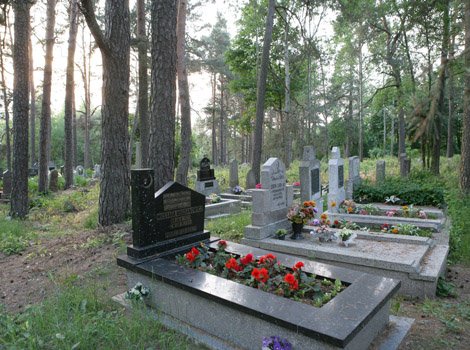


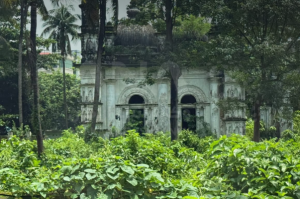





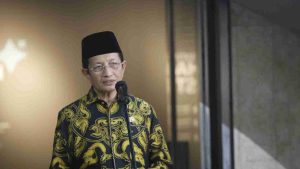

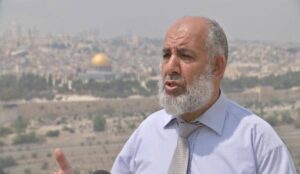
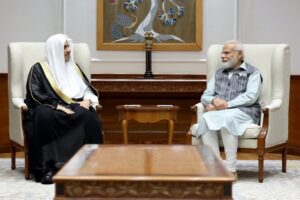


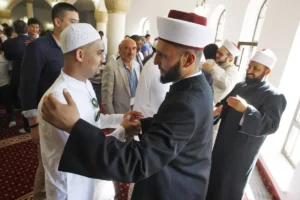





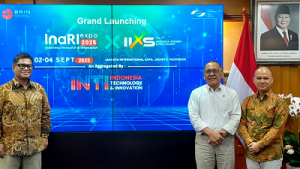

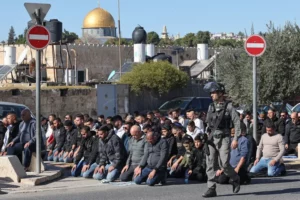
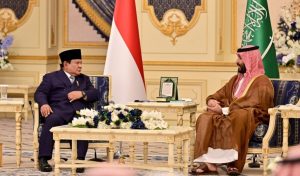







 Mina Indonesia
Mina Indonesia Mina Arabic
Mina Arabic